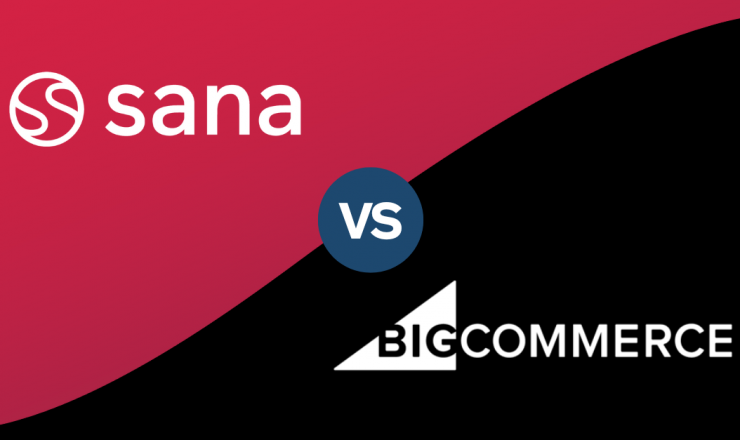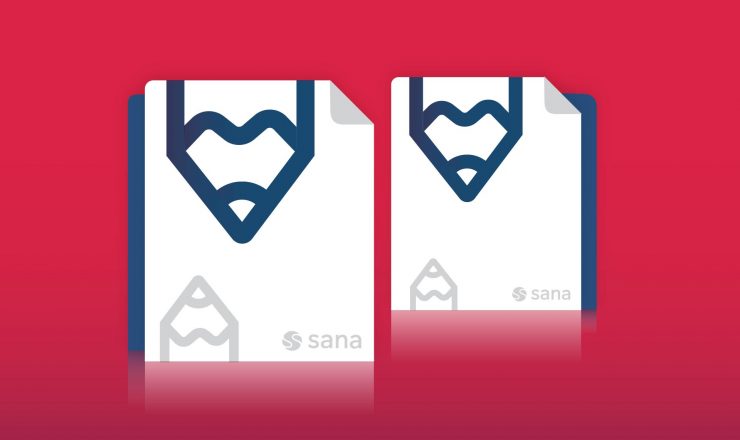

In today’s digital age, having a strong online presence is crucial for businesses, and an e-commerce web application plays a vital role in reaching customers and driving sales. However, one of the key considerations when embarking on an e-commerce journey is understanding the costs involved in developing a web store.
In this comprehensive guide, we will delve into the factors that influence e-commerce website development costs, helping you make informed decisions for your business.
Factors determining e-commerce website development costs
Multiple components of an e-commerce website can contribute to its final cost. Here’s a quick look at what these might consist of:
Website Design and Development
The design and development phase is the foundation of any e-commerce website. It includes creating an appealing user interface, implementing a smooth user experience, and developing robust functionality. The complexity of your desired features, customization requirements, and the expertise of the development team can significantly impact the cost.
Some out-of-the-box platforms provide templates that make creating and getting an e-commerce store live smoother. These can work especially well for companies who do not have strict branding requirements, and are looking for something more functional than complex.
Platform Selection
Choosing the right e-commerce platform is crucial for the success of your online store. Popular platforms like Sana Commerce Cloud, WooCommerce and Adobe Commerce offer different features, scalability options, and pricing structures. Learn more about choosing the right e-commerce solution for your organization
The platform you choose will have a direct impact on your development costs, as some platforms require more customization or have higher licensing fees.
Customization and Functionality
Tailoring your e-commerce website to align with your brand identity and unique business needs often involves customization. Custom themes, plugins, and extensions can enhance functionality, improve user experience, and set your store apart from the competition. The level of customization required will influence the development costs.
Mobile Responsiveness
In the mobile-driven era, having a mobile-responsive e-commerce website is imperative. Mobile responsiveness ensures that your website displays properly on various devices, providing an optimal user experience. The development costs may increase if extensive modifications are needed to ensure mobile compatibility.
Payment Gateway Integration
Secure and seamless payment processing is a critical aspect of any e-commerce website. Integrating with payment service providers like Adyen, PayPal, Stripe, or Authorize.net enables customers to make transactions smoothly. It is always more cost-friendly if your chosen e-commerce platform has out of the box PSP integrations.
However, payment gateway integration may involve additional development work and ongoing fees, which should be factored into your cost analysis.

Complete B2B Self-Service
Take B2B payments to the next level.
Inventory Management and Product Catalog
Efficiently managing your inventory and product catalog is vital for smooth operations. The complexity of your inventory management system, the number of products, and the integration requirements with your e-commerce platform can impact the overall development costs.
SEO and Digital Marketing Considerations
Developing an e-commerce website that is optimized for search engines is essential for visibility and attracting organic traffic. Implementing SEO best practices, integrating marketing tools, setting up analytics tracking and reports require additional development efforts and should be accounted for in the cost estimation.
Security and Data Protection
Ensuring the security of your customers’ personal and payment information is paramount. Implementing SSL certificates, data encryption, and adhering to industry standards will contribute to the overall development costs. Investing in robust security measures is essential to build trust and protect your business reputation.
Accounting for accessibility and legal compliance can also potentially add to the total costs of your e-commerce project.
Ongoing Maintenance and Support
Launching an e-commerce website is just the beginning. Ongoing maintenance, consultancy, updates, bug fixes, and technical support are necessary to keep your website running smoothly and secure. Consider the costs associated with long-term maintenance when planning your budget.
The benefits of calculating web store TCO
The total cost of ownership (TCO) refers to the total cost of any given product or system. This factors in short-term, long-term, direct and indirect costs associated with these. Having an accurate gauge of your TCO allows you to:
- Manage costs more efficiently
- Make strategic business decisions
- Optimize costs when required
- Evaluate your vendors objectively
- Evaluate financial risks involved in an investment
- Enables effective lifecycle planning
Learn more about how to calculate the TCO of your e-commerce project.
Conclusion
Building a successful e-commerce website requires careful planning and consideration of various factors. Understanding the costs associated with e-commerce website development is crucial for budgeting effectively and making informed decisions. By considering aspects such as design and development, platform selection, customization, mobile responsiveness, payment gateway integration, SEO, security, and ongoing maintenance, you can develop a robust and cost-effective e-commerce website that drives your business forward in the competitive online marketplace.
Manual processing and manual tasks in e-commerce website development can lead to additional human resources, potentially increasing the overall cost and impacting the project’s financial viability. Proper automation and efficient workflow implementation are crucial to minimize manual interventions and optimize resource allocation for successful cost management in e-commerce website development payments.
Remember, each e-commerce project is unique, and costs can vary depending on your specific requirements. Consulting with experienced web development professionals will help you get accurate cost estimates tailored to your business.

Do you know where how much your web store is costing you?
Use our (free) ROI calculator to check.



